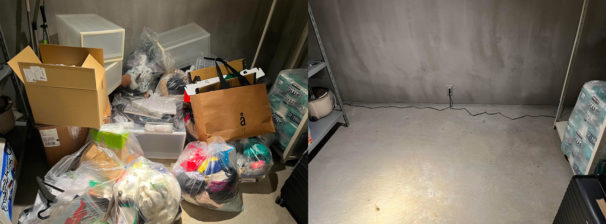Moving is probably an event that you experience frequently.
In the case of Japanese people, who are said to have a stable preference for settling down, some studies show that the average is 3.12 times over a lifetime.
Moving can be said to be a few events in our life, but isn’t there a lot of anxiety about doing it in a foreign land?
This time, we will introduce points to keep in mind when moving within Japan, as well as useful information in case you run into trouble.
●Japanese moving circumstances
Compared to people from other countries, Japanese people tend to rely on moving companies and are less likely to do it themselves.
Therefore, some companies specialize in moving work, and each company offers different services and plans in Japan.
Many users get quotes from multiple companies online and compare them before making their selection.
People from other countries may feel these services and plans include more content than necessary.
As a result, when you hire a moving company, you may be presented with a higher-than-expected cost.
●Peaks are March-April and September-October
The peak periods for moving in Japan are said to be March-April and September-October.
The demand for moving peaks around the end of the school year and the end of the company term, as many students go to higher education, get jobs, and are transferred.
In addition, many Japanese people assume that they will outsource their work to a moving company, so moving companies are extremely busy during peak periods.
Therefore, surcharges may be added during peak periods.
●Options other than moving companies
In addition to moving companies, there are paid agency services called “unwanted goods collection companies.”
We usually remove household items such as furniture and home appliances that are no longer needed at home, but we also accept moving requests for similar work.
The major difference between us and moving companies is that we specialize in removing and transporting items and carry out the work with the minimum number of personnel and vehicles necessary.
The advantage is that you can make a request as easily as renting a car with a friend.
Another feature is that it is specialized for short-distance transportation.
Moving within short distances, such as from Tokyo to Yokohama, is an area in which unwanted goods collection companies that specialize in the area are good at moving.
As mentioned above, when moving within Japan, most people use a moving company.
Generally speaking, moving companies are often used, but there is also the option of using a junk removal company.
The best way is to understand each company’s strengths and choose the most suitable one.
Nishida Service is an “unwanted goods collection company” with staff who can speak English, mainly in the Tokyo suburbs such as Tokyo, Yokohama, and Kawasaki.
If you have any trouble with moving, please feel free to contact us.
Inquiries by email for quotation / consultation
TEL: 0120-991-990
On-site estimates, estimates and consultations by phone or email are free. Please feel free to contact us.










